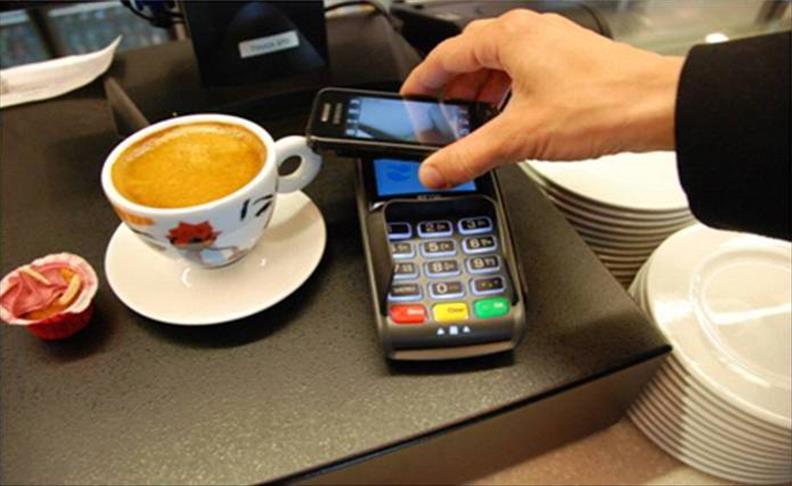Canadian firm’s ‘heartbeat’ payment could rival Apple Pay
Nymi wristband utilizes a wearer's heart rhythm to make payments and access digital devices

By Barry Ellsworth
TORONTO
A Canadian company with support from one of the world’s largest banks may give Apple Pay a run for its money.
Toronto-based Bionym has developed a new wristband that uses sensors to capture the wearer’s unique heart rhythm to wirelessly open and gain access to various devices without using a password or PIN number. That would allow for mobile cashless payments and set up another rival to systems like Apple Pay.
The wristband, similar in appearance to a simple watchband, is called Nymi and the Royal Bank of Canada, or RBC, is setting up trials with 250 volunteers to test the system.
“RBC is inviting a group of merchants, consumers and front-line staff to provide feedback on the desirability of wearable payments,” said Jeremy Bornstein, head of Payment Innovation at RBC.
The trials run through February and depending on the reception, it could be first offered to Canadians, then expanded. RBC hopes that Nymi will provide a simpler way for its customers to use the bank's financial products but the device could be put to wider commercial use, too, through stores and other commercial and retail outlets.
“We cannot speak for the Bionym device and their timelines for commercialization, but RBC will evaluate options to bring this exciting new technology to market as soon as reasonable,” Bornstein said.
Bionym will be in a dogfight because other companies are racing to invent and market secure mobile payment systems to eliminate cash.
There are already some big names involved – Google Wallet, BBM Money 9 from Blackberry, and the biggest of them all, Apple Pay.
The Financial Post listed Bionym as one of the seven Canadian tech startups to watch in 2014 and it looks like 2015 could earn the same scrutiny for the Toronto firm.
While all this sounds exciting – no more credit and debit cards or cash – there are possible unintended consequences.
For example, paying for goods by touching a wristband will not feel like money and for some consumers this process would make it a lot easier to overspend. That’s why debt counselors urge those who get into a financial mess to destroy their credit cards.
As well, there are places that do not accept anything but cash – think rural farmers markets – as well as some smaller retailers that do not want to pay a fee every time they accept a debit or credit card or, presumably, payment via a wireless device.
One of the few times you do not pay your bank a service fee is when you take cash from your account, noted the Canadian Broadcasting Corporation.
There is also the Big Brother angle - if you use Nymi or a similar method of payment, your transactions are recorded and can be monitored online by, say, a spouse. Cash does not leave a digital trail to the flowers one may have purchased for that same spouse.
And then there is the cash-under-the-table with no bill to avoid paying taxes.
Cash may eventually be doomed, but cash's doomsday may well be a long way off.
Anadolu Agency website contains only a portion of the news stories offered to subscribers in the AA News Broadcasting System (HAS), and in summarized form. Please contact us for subscription options.

